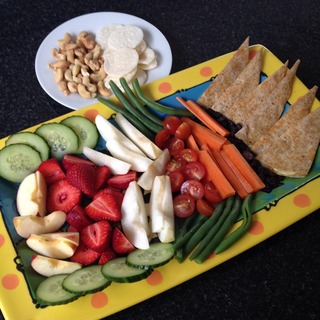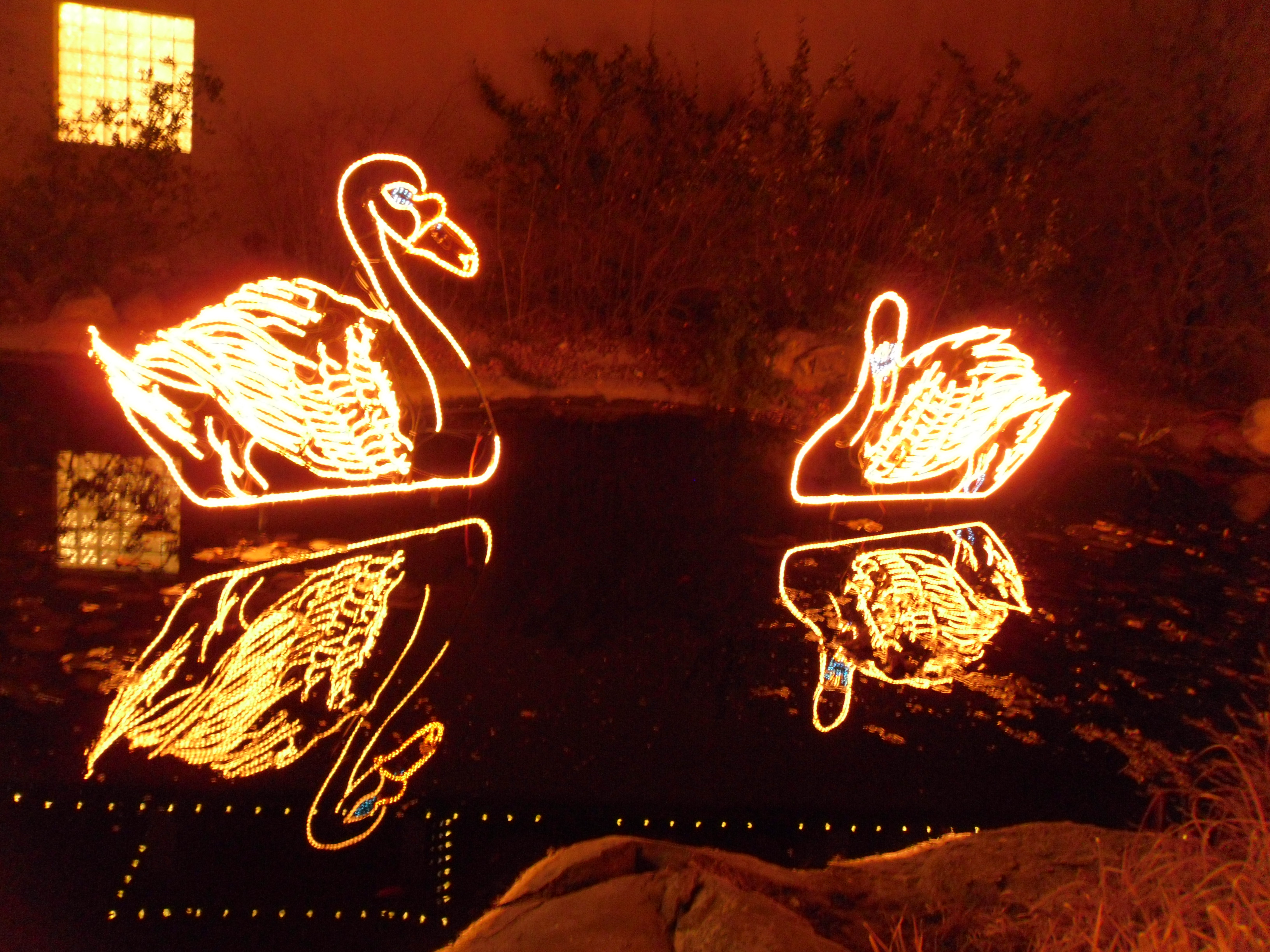My response was:
Fear, I guess, would be the answer. But different families have different fears, so it’s a hard question. Some are ready to jump away from schooling, so that’s kind of easy.
Sometimes the parents don’t agree, and that’s always a hurdle. I use the analogy of buying a yacht. It’s a big decision, and one parent can’t do it without the other agreeing. I can’t decide to own a yacht and tell my husband to just deal with it. Maybe I *could,* but would end up losing the yacht AND the husband. It’s a theoretical and a maybe, because I couldn’t even buy a car without my husband’s signature, as I don’t have my own income these days.
One secondary hurdle is when a parent feels overconfident, and becomes unwilling to continue to learn. Some unschoolers get on an odd trajectory and won’t accept help, and won’t check back for advice until they’ve made quite a mess. It’s helpful to stay in contact with other unschoolers, both in person if possible, and in writing.
photo by Sandra Dodd
___







